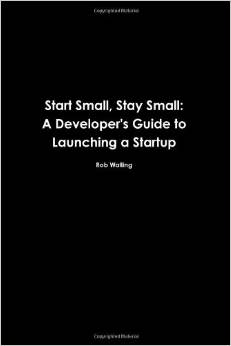One thing that separates successful career programmers from those with a bit…less success (we won’t call it failure, because it usually doesn’t manifest as abject failure, but rather as stunted potential) is their ability to figure out their value to the people who are retaining their services. Regardless of what that job posting says, what the recruiters tell you (more on this in a minute), or what you’d like to hear, you are NOT ever hired into a position simply to write code. You are hired to solve a problem that someone has, with the expectation that your solving of said problem presents an advantage greater than that provided by simply keeping (or using elsewhere) the money required to hire you. It’s a simple thing that is missed fairly frequently when discussions of programmer salaries come up, as well as when programmers sit and complain about the messes they deal with at their jobs. It also happens in just about every other industry. I’ve had similar discussions with people in other industries. The fitness industry, for instance, is loaded with people who live under the belief that the fitness program they are selling is actually the reason they have clients, instead of what the clients are actually there for, such as losing weight, gaining muscle, just the feeling of accomplishment and pushing past obstacles, etc. The dividing line between the successful ones in that industry and those who are unsuccessful is also remarkably similar, in that the latter fail to line up their offerings with what their customers are actually buying, versus what they think they are selling.

